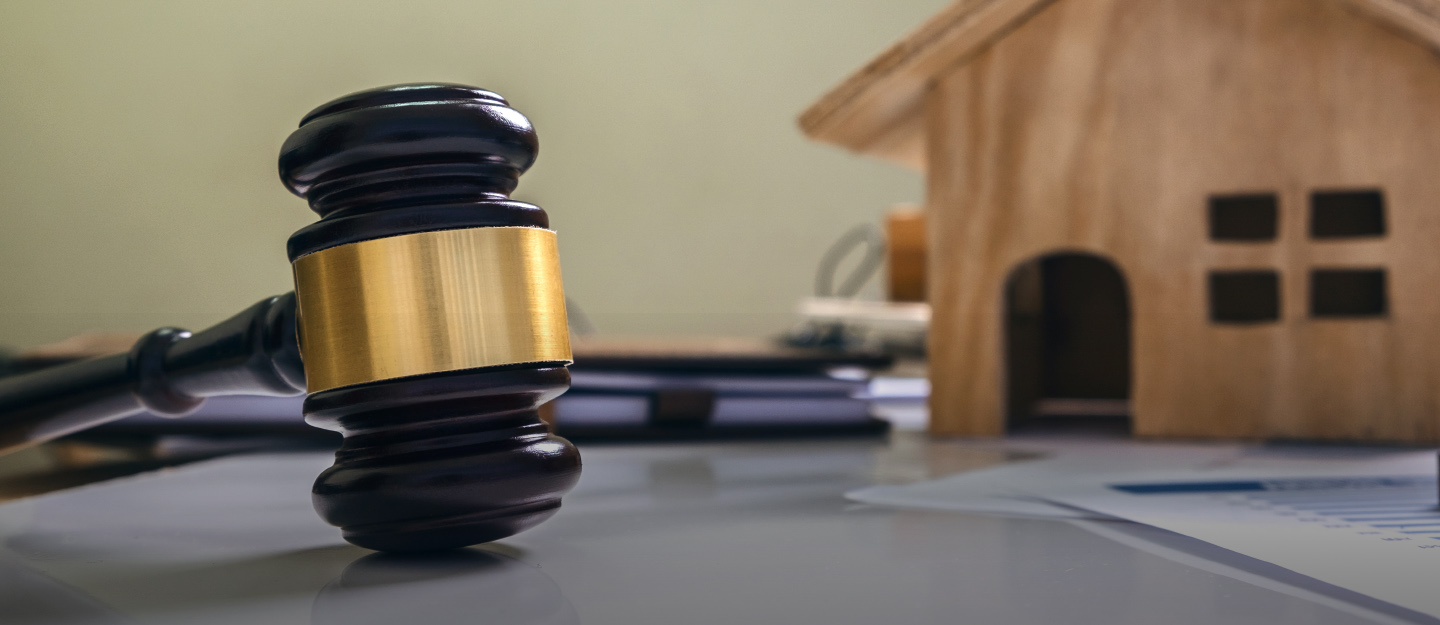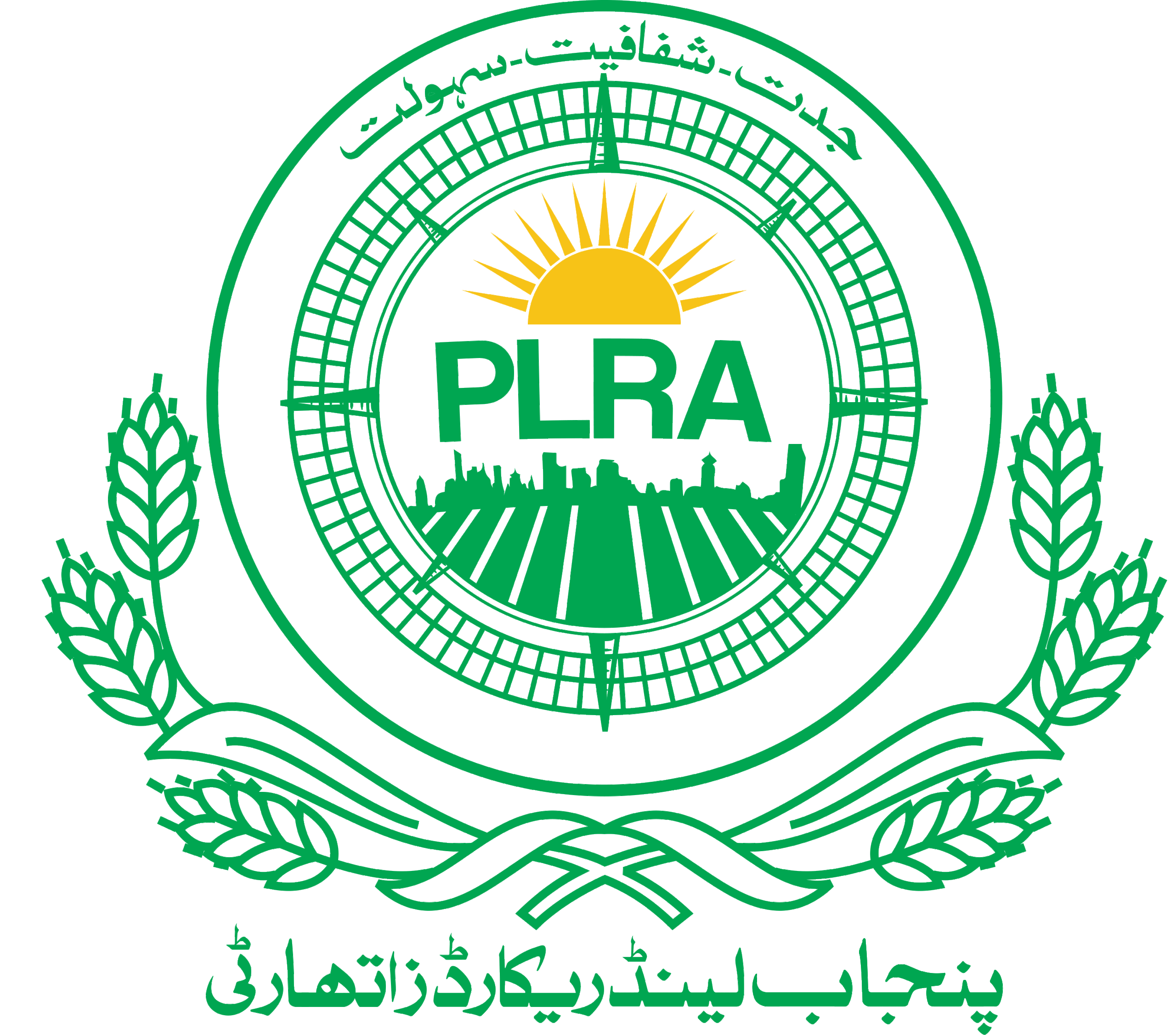Purchasing a property is considered undoubtedly one of the most reliable, conservative and safe investments in Pakistan. However, a vast majority of people get into the business without having any prior knowledge about property registration. Without proper registration, even the purchase of a house, plot, or commercial shop remains legally incomplete.
The government has further strengthened property laws and digitalized registration systems across provinces to make the process more transparent and less time-consuming. With online registration portals now active in Punjab and Sindh, property buyers can initiate their cases digitally, pay government fees online, and track applications in real time.
In this blog, Chakor Ventures – best real estate developer in Pakistan has come up with a detailed and step-by-step guide on how to register your property in Pakistan.
What Is Property Registration?
Property registration is the legal process of recording ownership of immovable property with the government. It ensures the buyer’s title is recognized under the law.
- Registry (Bay-Nama): A sale deed or transfer document recorded with the sub-registrar.
- Mutation (Inteqal): Entry of ownership in land revenue records after registry.
- Property Transfer: Broader term covering sale, gift, inheritance, or exchange.
The process is governed by:
- Registration Act, 1908 – regulates registration of deeds.
- Land Revenue Act, 1967 – deals with revenue records and mutation.
- Stamp Act, 1899 – defines stamp duty and fee structures.
3. Why Property Registration Is Important?
Property registration is a crucial step when transferring the property. The reasons are mentioned below:

- Establishes undisputed legal ownership.
- Protects buyers from fraudulent claims or fake documents.
- Grants full rights to sell, lease, or gift the property.
- Enables use of property as collateral for loans.
- Serves as evidence in court disputes or successin claims.
Key Documents Required for Registration
Here is a complete list of required documents for the property registration process:
- CNICs of buyer, seller, and witnesses.
- Sale deed (Bay-Nama).
- Ownership certificate (Fard).
- NOC for registration of property from housing society or development authority.
- Encumbrance certificate confirming no legal disputes.
- Power of attorney (if transaction through an agent).
- Affidavit confirming transaction authenticity.
- Tax receipts: Stamp Duty, Capital Value Tax (CVT), and registration fee.
Step-by-Step Property Registration Manual Process
Manual property registration involves the following steps:
- Verify title and ownership (Fard) at the local land records office.
- Prepare sale deed through a licensed deed writer.
- Pay government fees (stamp duty, CVT, registration).
- Appear before sub-registrar with two witnesses.
- Biometric verification via NADRA system.
- Receive registered deed within 7–14 working days.
e-Registration of Property (Punjab & Sindh)
Punjab and Sindh governments have initiated online property registration which allows people to check property registration details online and easily complete the registration process without having to visit registrar offices.

Punjab Property e-Registration (PLRA) Step-by-Step (2025)
Punjab property registration process is now online and the process involves following steps.

Step 1: Account & Sign-In
- Go to the PLRA website and select “Access e-Registration Portal.”
- Enter your CNIC and security code to log in.
- If you are new, create an account first, then sign in.
Step 2: Start a New Registry (اندراجِ رجسٹری)
- On the dashboard, review registry number, tehsil, and registry type.
- Click “اندراجِ رجسٹری” to begin a new entry.
- Fill in all required registry details for the property.
- Scroll to e-Stamp fee submission and open it.
- Enter your e-Stamp challan information and save.
Step 3: Record Fee Payments (e-Stamp, Tax on property registration, Service Charges)
- Paste the same challan number for the council where required.
- Enter CPR number, bank name, and branch to record taxes paid from your bank challan.
- Open Advance Tax and enter the CPR number again.
- Open PLRA Service Charges and input the submitted challan number.
- Save after each entry.
- A new Registry Details screen will appear; complete any remaining fields and save.
Step 4: Enter Buyer (Mushtari) Details
- Click “Mushtry / Mushtari” (Buyer) and enter:
- CNIC, name, father/spouse name, nationality, relation, etc.
- Add property identifiers: Property number/unit, area/measurement, Khasra/Khewat/Khatooni as applicable.
Step 5: Enter Witnesses’ Details
- Add two witnesses with CNICs and personal particulars.
- Review all spellings and numbers carefully.
- Complete any remaining property details if prompted.
Step 6: Upload Supporting Documents
Attach clear scans of:
- Buyer/seller CNICs
- e-Stamp challan and CPR
- Paid bank challans (advance tax, service charges)
- NOC/society or authority letters, ownership papers
- Power of Attorney (if applicable)
- Affidavits and any other portal-required documents
Then save.
Step 7: Generate & Review the Draft Registry
- Use “Print Registry” to generate the draft.
- Cross-check every field against your documents.
- Fix errors now to avoid queries or rejection.
Step 8: Submit to the Registrar
- Finalize the file in the portal.
- Submit electronically to the Sub-Registrar’s office.
- Note your application/registry number for tracking.
Sindh e-Registration Portal
Allows online application and challan payment, though physical verification remains necessary. Here are the following step for e-registration in sindh

- Create an account on the relevant portal.
- Enter sale deed and challan details.
- Upload required documents.
- Submit online application.
- The Registrar’s office verifies and finalizes registration.
Property Registration Charges 2025
Fee structures and timeframes can slightly vary depending on Province, City/Tehsil, type of property (urban/rural, commercial/residential), filer vs. Non-filer status.
| Jurisdiction | Stamp Duty | Capital Value Tax (CVT) | Registration Fee |
| Punjab | 1% (urban areas) | 2% | 1% |
| Sindh | 2% | 2% | 1% |
How to Avoid Property Fraud and Scams?
When registering property in Pakistan, buyers must stay alert to common scams such as fake or forged ownership documents, double registry where a single property is sold to multiple buyers, brokers charging inflated fees, illegal encroachments or occupation, and misuse of power of attorney through identity theft.
To avoid these risks, it is essential to use only official government portals such as PLRA in Punjab, SLRA in Sindh, or the relevant Board of Revenue portals. Always verify the seller’s ownership title and any encumbrances before proceeding, and hire licensed lawyers or deed writers to prepare and review documents.
Keep all original papers in a safe location, and most importantly, physically visit the property before making the final payment to ensure the transaction is both secure and legally sound.
Conclusion
Property registration in Pakistan is not just a formality, it is the foundation of secure and legal ownership. With digital reforms (Punjab & Sindh) the process is faster and more transparent, but due diligence remains essential. Whether you are a local buyer, an overseas investor, or inheriting property, always ensure registration through legal and official channels.
FAQs
How long does property registration take?
7–14 working days for manual, 3–7 days for e-registration (if documents are complete).
Can I register property online?
Yes, in Punjab and Sindh through official portals.
What happens if I don’t register my property?
Ownership remains incomplete, and you risk legal disputes or losing rights.
What’s the difference between Inteqal and Registry?
Registry records the transaction, while Inteqal updates ownership in revenue records.
How to check property registration online?
You can visit the relevant government official portals. PLRA for Punjab and SLRA for Sindh.
Is biometric verification mandatory?
Yes, biometric through NADRA is compulsory in all provinces.
Is property registration available in Islamabad?
No, Property registration is not fully available in Islamabad.
Do Property registration charges are same in all cities?
No, property verification charges vary for each city. For instance; property registration charges in karachi are different from property registration charges in Lahore and so on.

